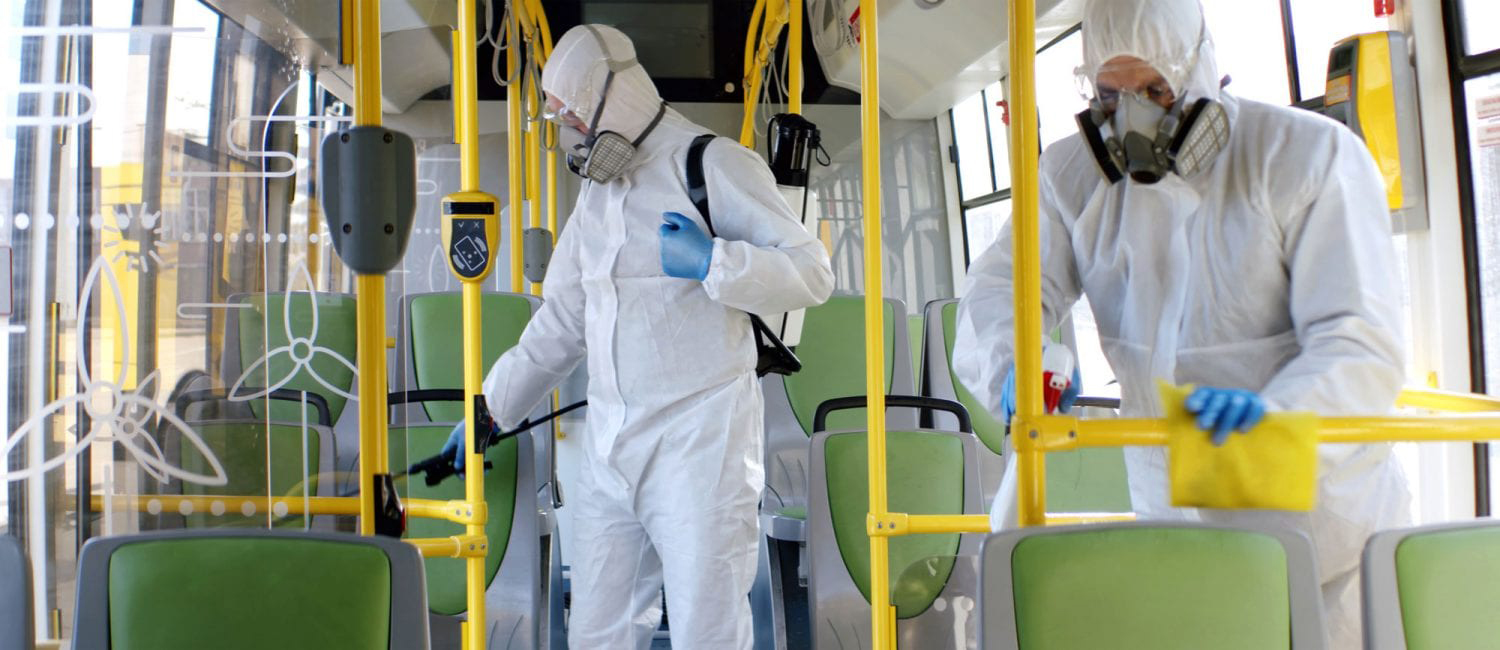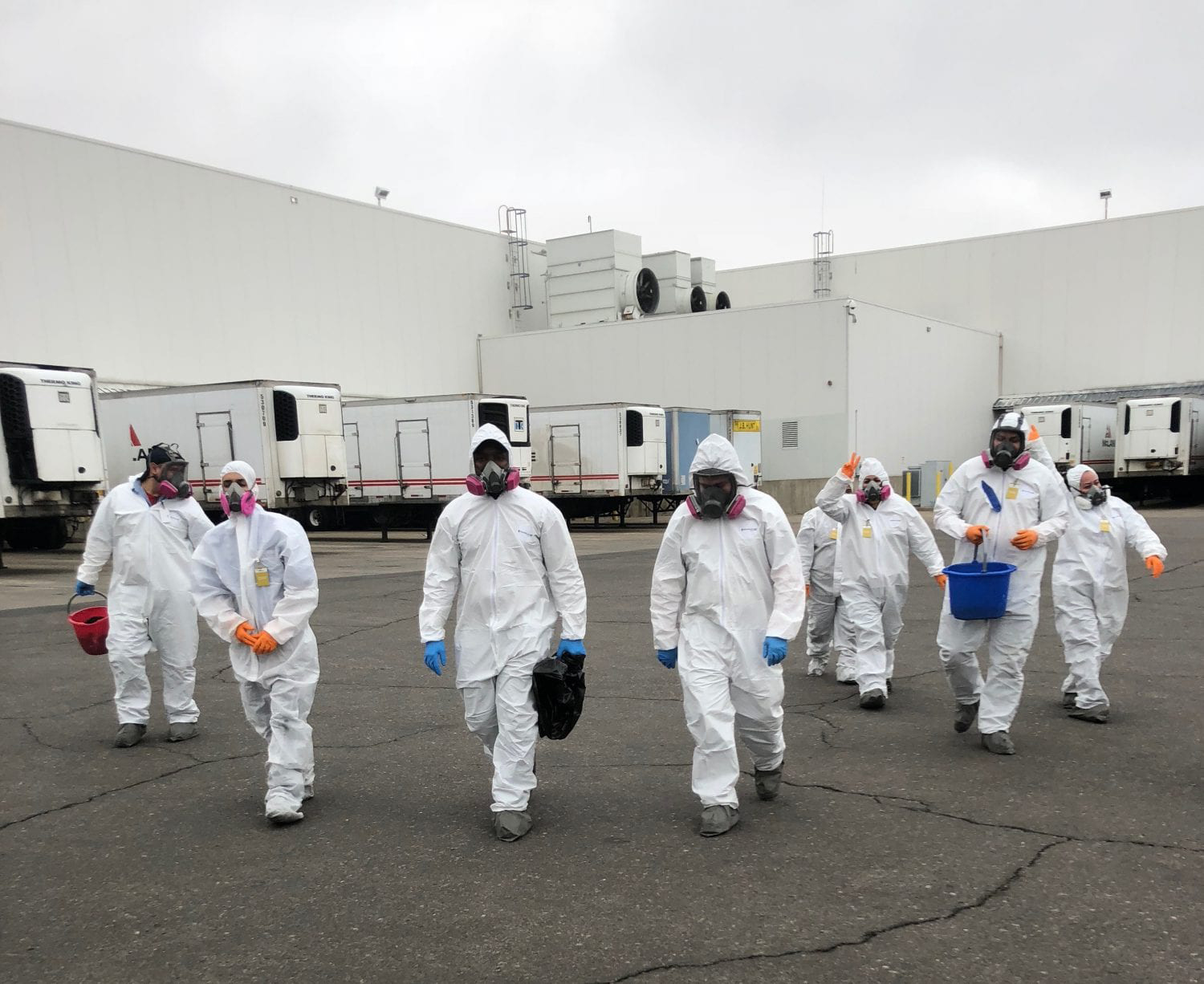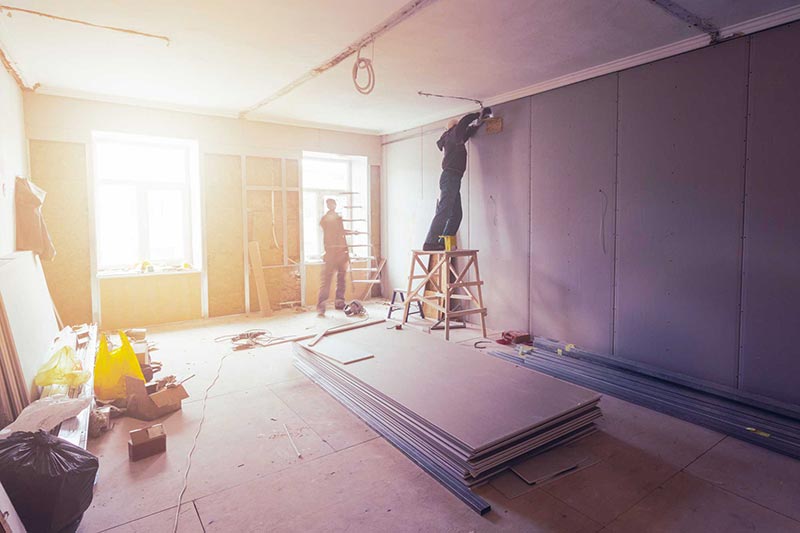- Save money
- Limit Downtime
- Get back to business
Proudly Serving Denver Metro Area and Beyond
COVID-19 infection outbreaks can have a substantial impact on Denver’s high occupancy facilities like schools, offices, and multi-tenant residential buildings. Professional Restoration offers COVID-19 mitigation and other disinfecting strategies to lower the risk of an outbreak for our commercial partners in and around the greater Denver area. Our coronavirus infection mitigation services are designed to address a variety of scenarios — allowing you to implement commercial grade processes for cleaning and applying disinfectants. We support the continued health and safety of your occupants, so call today for comprehensive COVID-19 disinfection services in Denver.
The Social Aspects of Gambling Culture: Betlama’s Research Findings
The intersection of gambling and social behavior has evolved dramatically over the past century, transforming from isolated activities in backroom establishments to mainstream entertainment that permeates digital and physical spaces. Understanding these social dynamics requires comprehensive analysis of how gambling culture shapes community interactions, individual behaviors, and societal norms. Recent research initiatives have begun mapping these complex relationships, revealing patterns that extend far beyond simple risk-taking behaviors into fundamental aspects of human social organization.
Historical Evolution of Gambling as Social Practice
Gambling’s social dimensions trace back to ancient civilizations, where games of chance served multiple functions beyond mere entertainment. In ancient Rome, dice games facilitated social bonding among soldiers, while medieval European communities used gambling as a mechanism for resource redistribution during festivals and celebrations. The transformation into modern gambling culture began during the Industrial Revolution, when urbanization created new social spaces and leisure patterns.
The 20th century marked a pivotal shift in gambling’s social positioning. Las Vegas emerged as a cultural phenomenon in the 1940s, establishing gambling as legitimate entertainment rather than vice. This period saw the development of casino culture as a distinct social environment with its own rituals, hierarchies, and behavioral norms. The introduction of state lotteries in the 1960s further normalized gambling participation across diverse demographic groups.
Digital transformation has fundamentally altered gambling’s social landscape since the 1990s. Online platforms eliminated geographical barriers while creating new forms of social interaction through virtual communities, live streaming, and social media integration. This evolution has generated unprecedented research opportunities for understanding how traditional social gambling behaviors adapt to digital environments.
Contemporary Social Structures and Community Formation
Modern gambling culture exhibits sophisticated social stratification systems that mirror broader societal structures. High-roller communities operate with distinct social protocols, exclusive access privileges, and informal mentorship networks that facilitate knowledge transfer about advanced gambling strategies. These elite circles often extend beyond gambling venues into business relationships, charitable activities, and social events.
Recreational gambling communities demonstrate different social characteristics, emphasizing shared experiences, collective excitement, and mutual support during both winning and losing streaks. Research platforms like https://betlama.com/ have documented how these communities develop informal support systems that help members maintain healthy gambling practices while preserving social connections.
The emergence of professional gambling communities represents another distinct social category. These groups operate more like professional associations, sharing analytical techniques, market insights, and risk management strategies. Their social interactions focus on skill development, performance optimization, and maintaining competitive advantages through collaborative learning.
Digital gambling has created hybrid social environments that blend online and offline interactions. Virtual poker rooms, for instance, maintain chat functions that enable real-time social interaction while preserving anonymity. These spaces have developed unique communication patterns, etiquette standards, and reputation systems that govern social behavior.
Psychological and Behavioral Patterns in Group Settings
Group gambling dynamics exhibit distinct psychological phenomena that differ significantly from individual gambling behavior. Social facilitation effects increase risk-taking behaviors when individuals gamble in groups, as peer presence amplifies excitement and reduces inhibition. This phenomenon is particularly pronounced in casino environments where ambient noise, lighting, and crowd energy create heightened arousal states.
Conformity pressures within gambling groups influence individual decision-making processes. Research indicates that players often adjust their betting patterns to align with group norms, even when such adjustments contradict their personal risk preferences. This social influence extends to game selection, session duration, and spending levels.
The concept of shared luck beliefs creates powerful social bonding mechanisms within gambling communities. Groups develop collective superstitions, ritual behaviors, and attribution patterns that reinforce group cohesion while providing psychological comfort during uncertain outcomes. These shared belief systems often persist despite contradictory evidence, suggesting their primary function is social rather than practical.
Social learning processes within gambling communities facilitate skill transfer and strategy development. Experienced players serve as informal mentors, sharing knowledge about game mechanics, probability calculations, and bankroll management. However, these same processes can also transmit problematic gambling behaviors and cognitive distortions that increase addiction risk.
Cultural Impact and Societal Integration
Gambling culture’s integration into mainstream society has accelerated through sports betting legalization, celebrity endorsements, and media normalization. Professional sports leagues now partner directly with gambling operators, creating new cultural narratives that frame gambling as sophisticated analysis rather than chance-based activity. This reframing has attracted educated, affluent demographics previously excluded from gambling culture.
Regional variations in gambling culture reflect broader cultural values and social norms. Mediterranean gambling cultures emphasize family participation and community celebration, while Northern European approaches focus on individual responsibility and harm minimization. Asian gambling cultures often incorporate traditional beliefs about fortune, fate, and ancestral influence.
The social acceptability of gambling varies significantly across demographic groups and geographic regions. Urban professionals increasingly view poker and sports betting as legitimate recreational activities, while rural communities may maintain more traditional skepticism toward gambling participation. These cultural divisions influence policy development, regulatory approaches, and public health initiatives.
Gambling’s economic integration has created new social roles and professional identities. Gaming industry employment now supports millions of workers globally, from dealers and security personnel to analysts and software developers. These occupational communities have developed their own social networks, professional standards, and cultural practices that extend gambling’s social influence beyond direct participants.
Research into gambling’s social dimensions continues revealing complex relationships between individual behavior, community dynamics, and cultural evolution. These findings suggest that effective gambling policy must account for social factors alongside individual risk assessment. Understanding gambling culture’s social aspects provides essential insights for developing sustainable approaches to regulation, harm prevention, and community integration that acknowledge both the benefits and risks inherent in these deeply embedded social practices.




